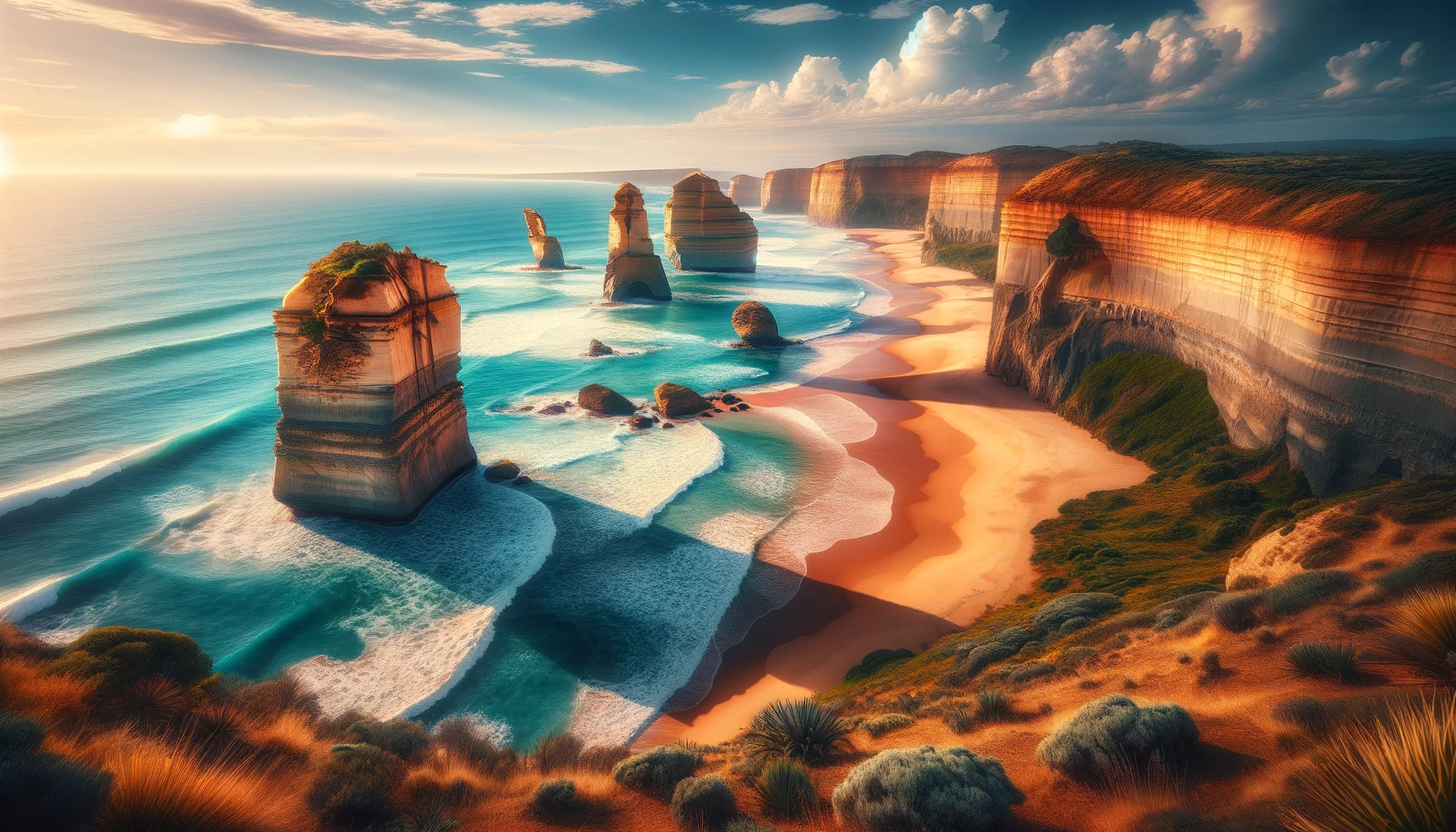Victoria is a dynamic and diverse state known for its rich history, cultural vibrancy, and natural beauty. It plays a crucial role in Australia’s economy and cultural identity, continually evolving to meet the challenges and opportunities of the future.
List of Public Holidays in Victoria, Australia, 2025
- Labour Day is on 10th March, Monday.
- Saturday before Easter Sunday is on 19th April, Saturday.
- King’s Birthday is on 9th June, Monday.
- Melbourne Cup Day is on 4th November, Tuesday.
List of National and Public Holidays in Australia for the year 2025
- New Year’s Day is on 1st January, Wednesday.
- Australia Day is on 27th January, Monday.
- Good Friday is on 18th April, Friday.
- Day following Good Friday is on 19th April, Saturday.
- Easter Sunday is on 20th April, Sunday.
- Easter Monday is on 21st April, Monday.
- Anzac Day is on 25th April, Friday.
- Christmas Day is on 25th December, Thursday.
- Boxing Day is on 26th December, Friday.
Additional public holidays declared by the state and territory governments:

Public Holidays for other regions in Australia
- New South Wales
- Northern Territory
- Queensland
- Western Australia
- Tasmania
- South Australia
- Viktoria
- Capital Territory
History
- Indigenous Heritage: The region has been inhabited for tens of thousands of years by various Aboriginal peoples, each with distinct cultures and languages.
- European Settlement: European exploration began in the early 19th century, with settlement starting in 1835. Named after Queen Victoria, it became a separate colony in 1851.
- Gold Rush Era: The discovery of gold in the 1850s led to a population boom and significant economic growth, shaping much of Victoria’s early development.
Geography
- Location and Terrain: The smallest mainland state in Australia, located in the southeast. Features a diverse landscape, from the coastal plains and mountain ranges to the arid northwest.
- Climate: Varied climate, with temperate weather along the coast and colder, alpine conditions in the highlands. The northwest experiences hotter, semi-arid conditions.
Culture
- Arts and Festivals: Known for its vibrant arts scene, with Melbourne, the capital city, often considered Australia’s cultural capital. Hosts numerous festivals, art shows, and cultural events throughout the year.
- Sporting Tradition: A strong sporting culture, particularly for Australian Rules Football, cricket, and the Melbourne Cup horse race.
- Cuisine: Reflects a multicultural society, with a rich culinary scene that includes everything from high-end restaurants to diverse street food.
Economy
- Diverse Economy: Historically reliant on manufacturing, mining, and agriculture, Victoria’s economy has shifted towards services, finance, and technology.
- Education and Research: Home to several leading universities and research institutions, contributing to its reputation as a hub for education and innovation.
- Tourism: A significant sector, with attractions ranging from the Great Ocean Road, Phillip Island, and the Yarra Valley, to cultural and sports events in Melbourne.
Society
- Population: One of Australia’s most populous states, with a high degree of urbanization. Melbourne is the largest city, known for its quality of life.
- Multiculturalism: Features a diverse population, with a large number of immigrants from the UK, India, China, and Italy, among other countries.
- Healthcare and Education: Provides high-quality healthcare and education, with a strong network of public and private institutions.
Environmental Initiatives
- Conservation Efforts: Active in environmental conservation, with numerous national parks and protected areas. Efforts are ongoing to protect native wildlife and ecosystems.
- Sustainability and Climate Action: Victoria has set ambitious targets for renewable energy and reducing carbon emissions, reflecting its commitment to environmental sustainability.
Government and Politics
- State Governance: Operates under a parliamentary system, with a Premier as the head of government. Melbourne hosts the state parliament and many government institutions.
- Local and Federal Relations: While maintaining its own government, Victoria also contributes to and is affected by broader Australian federal policies.
Tourism
- Natural and Cultural Attractions: Offers a wide range of attractions, from scenic landscapes like the Grampians National Park to cultural landmarks in Melbourne, such as Federation Square and the Royal Botanic Gardens.
- Recreational Activities: Popular for wine tasting, surfing, hiking, and skiing in winter, catering to a wide range of interests and activities.

